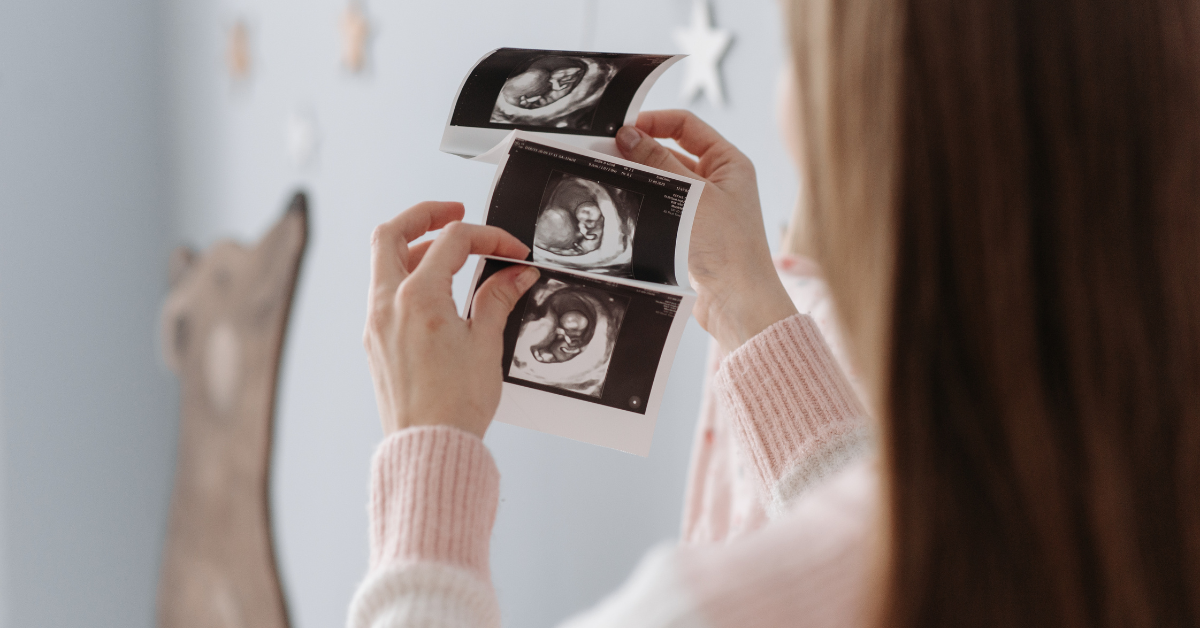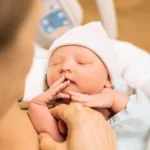Your basket is currently empty!
Very Early Signs of Pregnancy: What to Expect in the First Week

The first week of pregnancy can be an exciting yet uncertain time as your body begins to undergo subtle changes. While many early pregnancy symptoms often become noticeable in the subsequent weeks, some women may experience signs as early as the first week. This article provides a detailed look at the very early signs of pregnancy, helping you understand what to expect and how to recognize these subtle changes.
Understanding the First Week of Pregnancy
Technically, the first week of pregnancy is counted from the first day of your last menstrual period (LMP). This is because it is challenging to pinpoint the exact moment of conception. Hence, the first week of pregnancy might not involve any significant physical changes, but your body is preparing for the possibility of pregnancy.
Hormonal Changes
The earliest signs of pregnancy are primarily driven by hormonal changes. After conception, the levels of hormones such as human chorionic gonadotropin (hCG), progesterone, and estrogen begin to increase, preparing your body for the developing embryo. These hormonal changes can lead to a range of early symptoms, although they may be very subtle at this stage.
Very Early Signs of Pregnancy
1. Light Spotting and Cramping Some women may experience light spotting and cramping in the first week of pregnancy. Known as implantation bleeding, this occurs when the fertilized egg attaches to the lining of the uterus. Implantation bleeding is usually lighter than a regular period and may be accompanied by mild cramping.
- Spotting: Light pink or brown discharge, typically less than a regular period.
- Cramping: Mild, similar to menstrual cramps but usually less intense.
2. Changes in Cervical Mucus Early in pregnancy, you may notice changes in your cervical mucus. Increased levels of estrogen can cause the mucus to become thicker and creamier than usual.
- Increased Discharge: A noticeable increase in vaginal discharge that is white or milky in color.
- Consistency: Thicker and creamier compared to normal cervical mucus.
3. Breast Changes Hormonal fluctuations can cause your breasts to feel tender, swollen, or sore even in the first week of pregnancy.
- Tenderness: Breasts may feel more sensitive or sore to touch.
- Swelling: Breasts might feel heavier or fuller.
- Nipple Changes: Nipples may become more sensitive or darker in color.
4. Fatigue Progesterone levels rise rapidly after conception, which can lead to increased fatigue and tiredness.
- Excessive Tiredness: Feeling unusually tired even after adequate rest.
- Lethargy: Difficulty staying awake or feeling sluggish throughout the day.
5. Mild Nausea While nausea, commonly known as morning sickness, usually starts later, some women may experience mild nausea or food aversions very early in pregnancy.
- Queasiness: A general feeling of nausea, especially in the morning or after eating certain foods.
- Food Sensitivities: Developing sudden aversions to specific foods or smells.
6. Frequent Urination Increased blood flow to the kidneys during early pregnancy can result in the need to urinate more frequently.
- Increased Urination: Needing to urinate more often than usual, especially at night.
7. Basal Body Temperature (BBT) Changes Tracking your basal body temperature can provide an early sign of pregnancy. After ovulation, BBT typically increases and remains elevated if pregnancy occurs.
- Elevated BBT: A consistent rise in BBT that stays elevated for more than two weeks post-ovulation.
8. Mood Swings Hormonal changes can also affect your mood, leading to emotional fluctuations.
- Irritability: Feeling unusually irritable or emotional.
- Moodiness: Sudden changes in mood without a clear trigger.
Confirming Pregnancy
While these very early signs can indicate pregnancy, the only way to confirm it is through a pregnancy test. Home pregnancy tests detect hCG levels in your urine and are most accurate when taken after a missed period. For earlier detection, a blood test performed by a healthcare provider can confirm pregnancy sooner.
Tips for Early Pregnancy
1. Maintain a Healthy Diet Eating a balanced diet rich in vitamins and minerals is crucial during early pregnancy. Focus on nutrient-dense foods such as fruits, vegetables, lean proteins, and whole grains.
2. Stay Hydrated Drinking plenty of water is essential to support the increased blood volume and help manage common symptoms like headaches and fatigue.
3. Rest and Relax Adequate rest is important, especially if you’re experiencing fatigue. Ensure you get enough sleep and take short naps if needed.
4. Avoid Harmful Substances Refrain from consuming alcohol, tobacco, and other harmful substances. These can adversely affect the developing embryo.
5. Gentle Exercise Engaging in gentle exercises, such as walking or prenatal yoga, can help maintain your fitness and reduce stress.
Conclusion
Recognizing the very early signs of pregnancy can be challenging, as they are often subtle and can vary widely among women. By understanding these early changes, you can better prepare for the journey ahead and seek timely medical advice. Remember that while these signs can suggest pregnancy, the most reliable confirmation comes from a pregnancy test and consultation with your healthcare provider. Prioritize your health and wellbeing during this critical time, and ensure you get the support and care you need.







